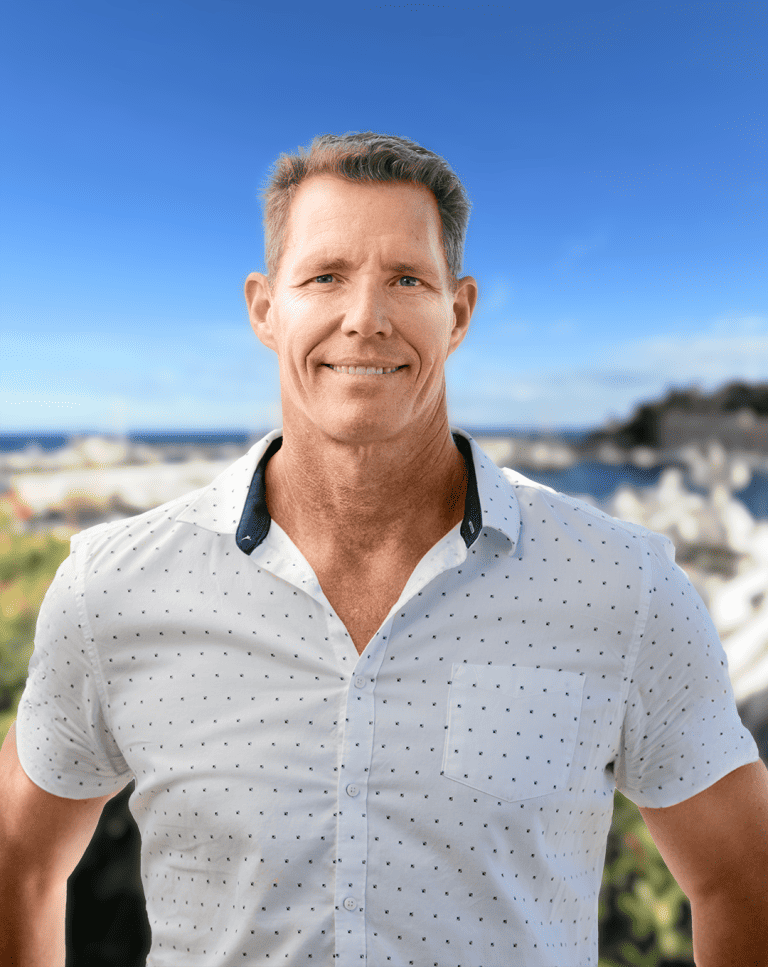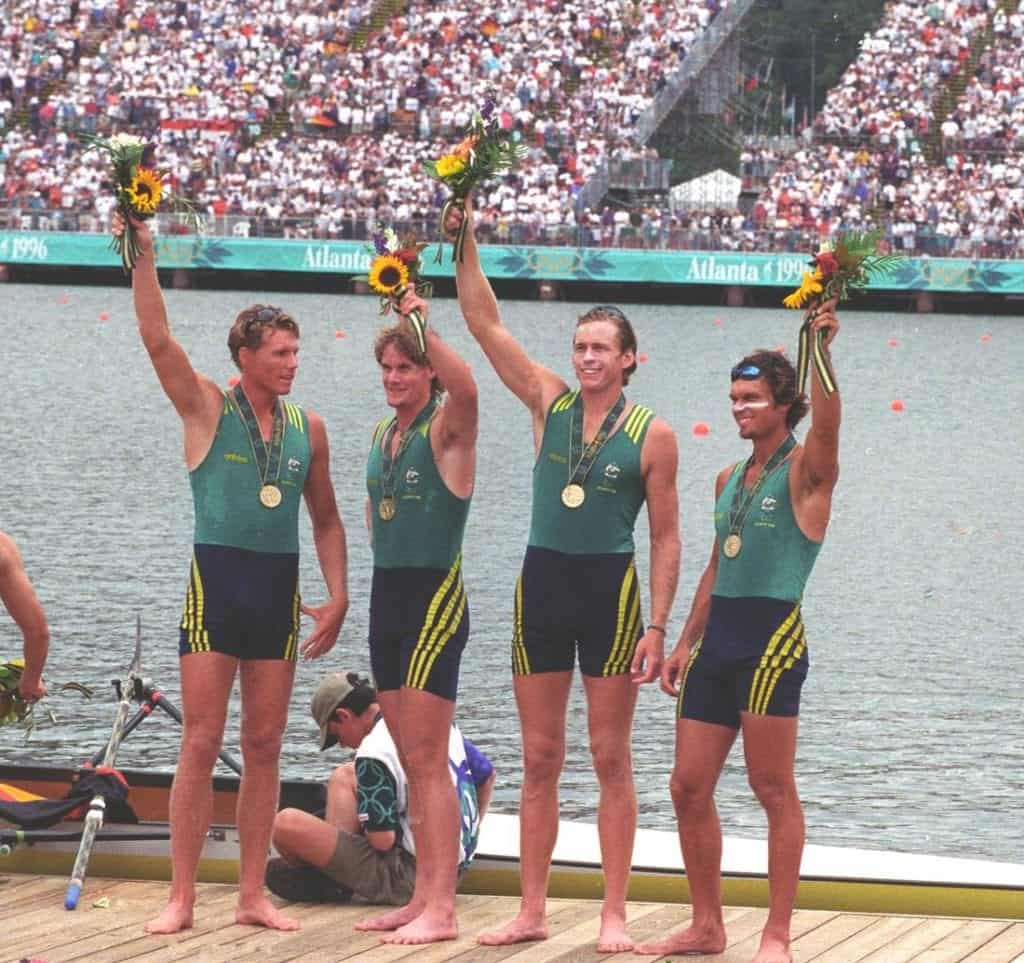 Mental Performance Coach, Headstrong Consulting
Mental Performance Coach, Headstrong Consulting
By Mim Haigh, Sports Writer – Athlete Assessments
In writing the recent article ‘Olympic Mental Challenges’, we had the opportunity to interview Dr Nicole Detling. She had so many valuable insights that we were challenged in what to include in the article. To ensure you didn’t miss out, we are sharing this extended Q&A with you below.
You were part of Team USA at the Vancouver and Sochi Games, and you work with individual Olympic athletes and teams as the Mental Performance Coach. What extra mental challenges do the Olympics present for athletes and, how do you help them prepare?
Because the Olympics only occur once every 4 years for these athletes, there is a lot more pressure surrounding them than other competitions. The Olympics also brings so many unpredicted situations when athletes are actually there. We spend a lot of time discussing pressure and how to handle it prior to them ever getting there (sometimes years in advance). Other competitions also bring pressure and can be used as stepping stones to understand how to manage the pressure of the Games. With the unpredictable situations, it’s a bit tougher, but we plan for as much as we can in advance.
You work with professional and amateur athletes alike, is the mental training and preparation similar?
Yes. It’s all about meeting the athlete wherever they are mentally and showing them the path for how to get where they want to be. The mental training and preparation is all based around this concept.
What attributes of mental training and preparation make athletes and performers similar?
Everything we do every day is a performance and all of our performances can be enhanced with mental toughness training. The key is to understand the performance through the athlete/performer’s eyes. Once I am able to understand their perspective, I am much more effective in helping teach them how to get to where they want to be.
What gets you excited/what do you look forward most about your role as a Sport Psychologies/Facilitator/Speaker?
So many things it would be difficult to narrow down to one. I know what I do has positive value and being able to help others achieve their dreams is genuinely fulfilling to me.
What has been the top 3 things that have helped you succeed in your work with clients?
- Being able to connect with many different people;
- Having the patience/persistence to understand their performances/experiences from their perspectives;
- My personal drive to become the best I can be at what I do.
What feedback do you receive from your clients about the best thing about working with you?
Usually it’s something along the lines of understanding them and personalizing their strategies to their personalities and situations. They also tend to comment that they can tell that I truly care about them personally.
If you were to give one piece of advice to a coach or athlete, what would it be?
Be sure to have a very good understanding of why you do what you do. If this isn’t in place, the adversity will be even tougher to manage and may even tear you apart. However, when it gets tough, and you tap into that deep level and understanding of your personal “why”, you can learn and grow through that adversity. It also makes the victories that much sweeter.
What do you see as the number 1 issue your clients face and work to overcome?
That’s easy, I’ve been in private practice for 20 years now and there are two struggles that people come to me for FAR more than anything else; and regardless of sport, level of sport, or gender. Those two struggles are: emotional control (usually pre-performance anxiety) and confidence. Interestingly, these two are also inversely related and one does tend to affect the other.
What you are most proud of? What has been your career highlight so far?
I am proud every single time someone I am working with tells me a skill I taught them worked for them. To me, it may be an Olympian who won gold, or a high school kid who just made varsity. Everyone I work with is so very important to me, and achieving dreams feels amazing no matter what the level of performer!
What was one thing you changed from last year that has made a significant difference?
Getting certified in Athlete Assessments DISC! It has helped me understand so much more about the behavioral tendencies of the coaches and athletes I work with. It has helped people who struggle to explain themselves, give them (and me) a better understanding; which then drives our sessions.
What advice would you give someone starting out in their career as a sport psychologist?
Before starting in graduate school, know whether you want to work with athletes primarily in performance enhancement or mental health. Then choose your graduate program accordingly.
How/why did you get into what you are doing now?
I have been an athlete my whole life and have always loved sports. My junior year in college, while I was double majoring in Exercise Science and Psychology and wondering which one I was going to choose, my dad called me and said, “Did you know there is a field called Sport Psychology?”. I fell in love and never looked back. There was never any doubt that was the career path I would take. When starting out, I wanted to work with professional and Olympic athletes, but quickly recognized the value of working in youth sports. My path, carefully designed, and also incredibly lucky, led me to exactly where I want to be – as I am currently working with professional and Olympic athletes! I also have the pleasure of working with the athletics department at the University of Utah where I have had wonderful experiences with many different coaches and athletes over the years.
Do you have a favorite quote or saying that you draw on?
I tell athletes all the time, “Embrace the Suck, but Don’t Get Stuck in the Suck”. In other words, acknowledge when you’re not happy with something, but then DO SOMETHING about it. I am currently working on my second book, which is all about this concept.
What are you aiming for in the future?
I’m so happy with where I currently am… so I’m just riding this amazing wave of life and seeing where it takes me next!
You are welcome to read our article about
Dr Nicole Detling, ‘Olympic Mental Challenges’.
Where to from here…
If you’ve enjoyed this Q&A article, you might also value reading:
- It’s not about Deficits, it’s about being your Best
- Creating Life Changing Moments: Consultant Case Study
- Conflict Management, Team Culture and High-Performance Sport
- Behind the Scenes of Villanova’s 2016 National Championship Success
- Results | Evidence | Impact – Mental Performance Consultant in Action
Are you a sport psychologist looking to achieve similar results with your clients? You too can take your consultancy to the next level and achieve the success that Dr Nicole Detling has.
As a top consultant, your clients rely on you being the best in your field, knowing the true determinants of success and having access to the tools that will make the most impact when it comes to improving performance. Athlete Assessments’ DISC Profiling is the tool you need to help your clients realize their potential.
Find out more about Athlete Assessments’ Consultant Program now.
At Athlete Assessments we’re here to provide you with excellence in service and to help you be your best. If there is anything we can do to be of service, don’t hesitate to contact us.



